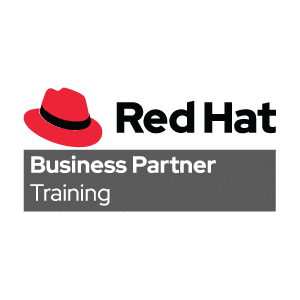A developer-focused introduction to OpenShift application building, deployment, scaling, and troubleshooting.
Red Hat® OpenShift® Container Platform is a containerized application platform that allows enterprises to accelerate and streamline application development, delivery, and deployment on-premise or in the cloud. As OpenShift and Kubernetes continue to become widely adopted, developers are increasingly required to understand how to develop, build, and deploy applications with a containerized application platform. While some developers are interested in managing the underlying infrastructure, most developers want to focus on developing applications and using OpenShift for its simple building, deployment, and scaling capabilities.









